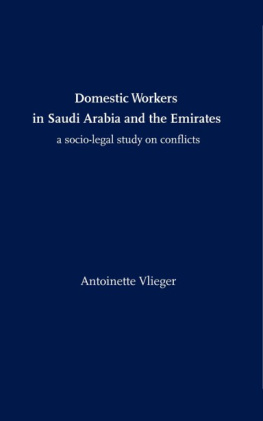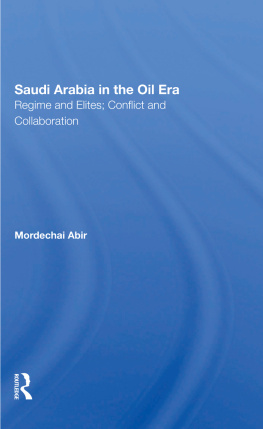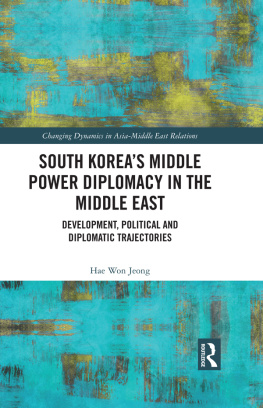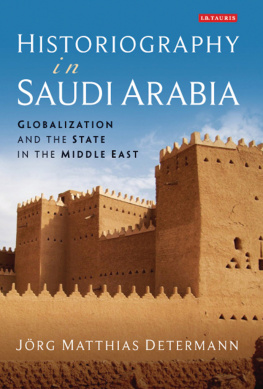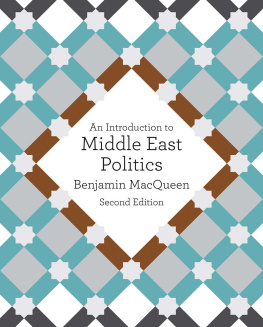Copyright 2011 by Antoinette Reinate Vlieger. All rights reserved. This book may not be reproduced or retransmitted in any form, including digital reproductions, without written permission by the author or publisher.
Published in 2013 in the Smashwords Edition, by Quid Pro Books, at Smashwords.
Part of the Human Rights and Culture Series .
Acknowledgments
My Dutch Protestant grandmother was angry her entire life at being removed from school at the age of eleven because she was a girl. She had wanted to become a doctor to cure people. My other Dutch Protestant grandmother thought that this research project was silly, that domestic workers should take care of their own problems and that I should stay at home and wait for a suitable husband to find me. Scholars generalize to better understand the world, but just as often, understanding is to be found in the rejection of generalizations. Just like the typical Dutch Protestant grandmother does not exist, there is no typical Muslim, no average Saudi or Emirati. Therefore, I dedicate this dissertation to those Saudi and Emirati employers who are open-minded, fair, and generous. They do exist and set an example in a place where others abuse the opportunities provided by the meager legal system. They lift entire families out of the poverty trap, where Europe simply closes its doors.
I thank Eleftherios Iakovou for inspiring me to go back to university to do a PhD, if only to prove I was not reading The Economist to impress him. I thank Destinys Child, whose girl power songs (on my MP3 player hidden under a veil) kept me sane when chased by the religious police. I thank Allan, Grace, and Jan for their hospitality in Manila, Gita for her excellent interpretation work in Jakarta, The King Faisal Foundation for inviting me to Saudi Arabia and Mauritius for offering me a place to stay in Dubai when my funds were running low. Samar, Abdallah, and Madeha, by being amazingly warm and interested, saved me from becoming prejudiced. Hassan drove me around all of Riyadh, even though it scared him to death how I put him in the eye of the government. I thank Paul Aarts for sharing his contact with me, and Menno Lenstra from the Dutch embassy in Riyadh for his support. Obviously, I am highly indebted to everyone who agreed to be interviewed, some of them at serious risk of deportation or job loss.
I thank Robert Knegt (legal sociologist), Evert Verhulp (lawyer), and Barbara Oomen (legal anthropologist) for joining forces to make this multi-disciplinary research a success. Robert, our discussions and email exchanges have inspired me enormously. Barbara, thank you for bringing my extended thoughts and ideas back into one picture, just by providing the books and theories I needed at the right moment. Heleen van Luijn, thank you for your advice, which made this dissertation coherent. Alexandra and Matthieu, thank you for your continuous support in my struggle with computers and printers.
I am heavily indebted to my mother, Maja, who taught me that nothing is impossible; there are only things that take more time. She raised me with the message: You are a smart kid, now go save the world. I thank my sister for always standing beside me, for crying on my shoulder and for letting me cry on hers. I thank my brother for his wonderful laughter every time I told him about this silly academic world. Thank you all for making me who I am.
A. R. V.
PART ONE :
INTRODUCTION
1. Introduction to the research
Filipina domestic worker, employed in Riyadh: Really they are good to me. If I say I need rest, they give me rest. (And if they were not so good to you, if you would have some problem with your employer, where would you go?) Madam, I cannot go anywhere, I am not allowed to go outside. I cannot go to the embassy. I will just cry in my room and pray.
Indonesian domestic worker, previously employed in Dubai: I also was a victim of trafficking. First in Dubai I was raped. Then my employer sent me to Iraq and I was forced to go into prostitution. I had no papers or anything so I couldnt get out. Through the internet and through friends I contacted the embassy, but they never helped me. Then I contacted the International Organization for Migration and they helped me to get home, but some of my friends are still in Iraq. I filed a report at the police here against the recruitment agency but so far they havent done anything. Its a big corruption here. People in the government, they all become very rich from us.
These two short excerpts from interviews are examples of the facts that form the basis of this dissertation. It discusses the factors that influence the conflicts between female, migrant, live-in domestic workers and their employers, from the perspective of sociology of law. The results show (among other things) what these two examples illustrate: if a domestic worker is lucky, her employer is good to her; if she is not so lucky, she has nowhere to go. Under the best of circumstances a domestic worker in the United Arab Emirates or Saudi Arabia may be treated right, but she has no rights.
1.1 How the undertaking of this research project took shape
In the spring of 2007, Human Rights Watch (HRW) published a report on abuses against female Sri Lankan domestic workers in the Kingdom of Saudi Arabia, the United Arab Emirates, Kuwait, and Lebanon, stating the following:
Migrant domestic workers are among the least protected workers of the labor force. They work in an unregulated and undervalued job sector and they are at high risk of abuse and exploitation. (... ) They generally work excessively long working hours, get no rest days, and are paid discriminatory wages. (... ) Sri Lankan women domestic workers also suffer physical, psychological, and sexual abuse, non-payment of wages, food deprivation, confiscation of their identity documents, forced confinement in the workplace, and limitations on their ability to return to their home countries when they wish to do so. In some cases, the combination of these pervasive workplace abuses create a situation in which women workers are trapped in forced labor.
Female domestic workers are live-ins who perform tasks in private households, such as cleaning, cooking, childcare, and care for the elderly, in exchange for food, lodging, and money. Their nationality, gender, race, and economic status put them in the lowest stratum of the social hierarchy in many societies, which makes them vulnerable to discrimination. Such workers are even more susceptible to abuse because their workplace is within the protected private sphere of the household. The HRW report gives the impression that the situation in the Middle East is worse than elsewhere. So do, in comparison, reports 8, 17, 18, and 19. Several interviewees from NGOs in Manila and Jakarta confirm that the situation is currently worse on the Arabian Peninsula than elsewhere, as did interviewees from the International Labour Organization (ILO), although no hard quantitative data are available to confirm this.
The HRW report and the reactions to it in the international press and forums focused on what was happening in these countries in terms of a relatively high occurrence of conflicts, is one of peace and justice. Secondly, although the position of domestic workers in for instance Indonesia is not good, it does not seem to be as bad as it is in the Middle East, although Indonesia has the largest Muslim population in the world. Therefore, Islam (alone) as the cause seemed unlikely, but without proper insight into the actual factors at influence, effective solutions cannot be formulated. Therefore, this dissertation aims to investigate factors that influence these conflicts.

